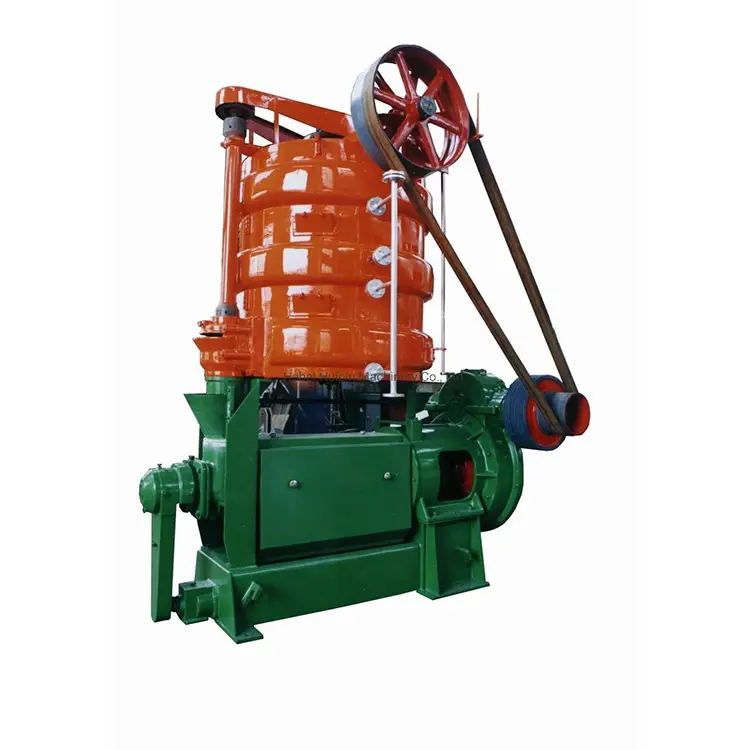Déc . 27, 2024 08:39 Back to list
animal oil refined machine
The Process and Importance of Animal Oil Refining Machines
Animal oils have been an integral part of human culture and industry for centuries. With the increasing demand for high-quality, refined animal oils, the need for efficient and effective refining machines has never been more critical. Animal oil refining machines play a pivotal role in transforming raw animal fats into products that meet specific quality standards for various applications, including food, cosmetics, and pharmaceuticals.
Understanding Animal Oils
Animal oils can be derived from a variety of sources, including livestock such as cows, pigs, and sheep, as well as fish. The most common types of animal fats include tallow (beef fat), lard (pork fat), and fish oil. These oils are rich in saturated fats and essential fatty acids, making them valuable in several sectors. However, raw animal oils often contain impurities, odors, and contaminants that must be removed to create a refined product suitable for consumption and industrial use.
The Refining Process
The refining of animal oils involves several key steps to ensure that the final product is pure, stable, and palatable. The typical process includes
1. Degumming This initial step removes phospholipids and mucilage that can lead to cloudiness and instability in the final product. Degumming typically involves the addition of water or acid, which allows these impurities to separate from the fat.
2. Neutralization This stage focuses on eliminating free fatty acids that can affect the taste and shelf-life of the oil. Chemicals such as sodium hydroxide are added to neutralize the acids, resulting in the formation of soap, which is then removed through centrifugation.
3. Bleaching To improve the color and flavor of the oil, bleaching agents such as activated carbon or other absorbents are introduced. This process removes pigments and other color-forming compounds, resulting in a light-colored oil that is more desirable for consumers.
animal oil refined machine

4. Deodorization This final step is crucial for ensuring that the oil has a neutral smell and taste. Deodorization is typically accomplished by steam distillation under high temperatures, which helps eliminate volatile compounds responsible for odors.
The Role of Animal Oil Refining Machines
To achieve the aforementioned processes efficiently, specialized refining machines are employed. These machines are designed to handle the specific requirements of animal oils, ensuring that the refining process is both effective and economical. Key features of these machines include
- Automation Modern refining machines often come with automated controls that enhance precision and reduce labor costs. Automatic monitoring systems can detect anomalies in the refining process, allowing for quick adjustments.
- Energy Efficiency With sustainability becoming a major concern, many refining machines are now designed to minimize energy consumption while maximizing output. This not only reduces operational costs but also decreases the environmental footprint of the refining process.
- Versatility Many machines can handle different types of animal oils and can be adjusted for various output qualities. This flexibility allows manufacturers to cater to diverse market needs without significant changes to their equipment.
Conclusion
Animal oil refining machines are essential in today’s marketplace, where quality and efficiency are paramount. By employing advanced technologies in the refining process, these machines not only ensure the production of high-quality oils but also contribute to the overall growth and sustainability of the industry. As consumer demand continues to evolve, the importance of these machines and the processes they facilitate will likely become even more significant, driving further innovations in the field of animal oil refining.
-
High-Efficiency Oil Seed Press Line Trusted Exporters & Leading Companies
NewsJul.04,2025
-
Continuous Horizontal Vacuum Belt Filter - Reliable Filtration Solutions for Industrial Needs
NewsJul.04,2025
-
Sunflower Oil Seed Press Machine - High Efficiency, Durable & Cost-effective Extraction
NewsJun.24,2025
-
High-Efficiency Physical Oil Refining Unit - Leading Exporters & Trusted Companies
NewsJun.10,2025
-
High-Efficiency Animal Oil Refining Machine - Leading Exporters & Reliable Companies
NewsJun.10,2025
-
Camellia Oil Mill Machine for Efficient Oil Extraction Leading Exporters & Companies
NewsJun.10,2025
